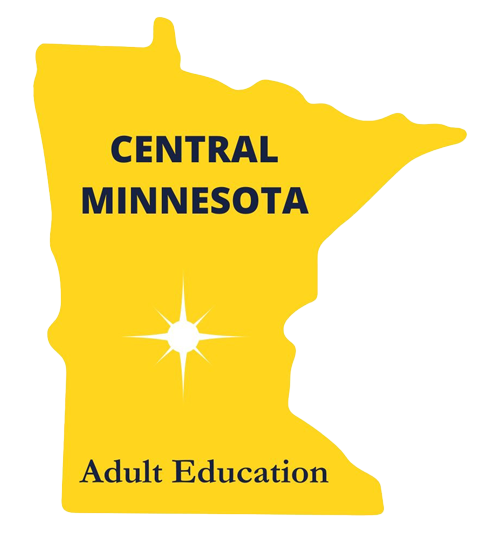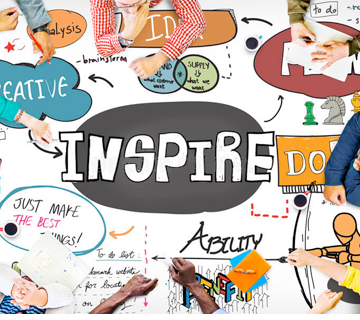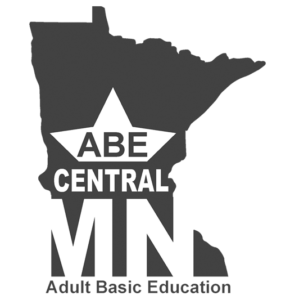Information Literacy
- Define a problem, formulate a question, or identify a decision that needs to be made.
- Identify purpose for accessing information; how the information will help solve the problem, answer the question, help to make a decision, help with accomplishing a goal or objective.
- Define the kind of information needed to complete the task.
- Identify different types and formats of information found online (articles, databases, images, videos, etc.).
- Plan steps required to solve the problem or accomplish the task.
- Recognize the costs, in time or money, and benefits of accessing different sources of information (article, newspaper, consumer reports).
- Demonstrate use of efficient search strategies to locate varied resources, including refining search to hone in on relevant information found in a previous search.
- Locate potentially relevant information in media found online, including text, video, images, etc. Locate the source of the information.
- Make use of hyperlinks to follow desired/required path of information.
- Demonstrate basic understanding of use of nonInternet sources of information (personal documents, Excel spreadsheet, etc).
- Discern between relevant and nonrelevant information in an information source and select the information that addresses the issue that motivated the search.
- Determine the quality of information by identifying bias, assessing the reliability of sources, and identifying the impact of context.
- File/store information in a format that facilitates ease of access for future use (e.g., file naming, folder organization, bookmarking, etc.)
- Monitor extent to which information solves a problem and know when additional information is needed.
- Synthesize relevant information from one or more sources.
- Integrate new information into current knowledge and use it to support understanding, views, perspectives, or opinions.
- Act on information to solve basic problems or answer a question.
- Select appropriate format for sharing information, based on audience and purpose, and distribute to intended audience.
- Evaluate the result of gaining/using the information. Was the question answered? Was the problem solved? Was a better decision made? Was a goal or objective met?


